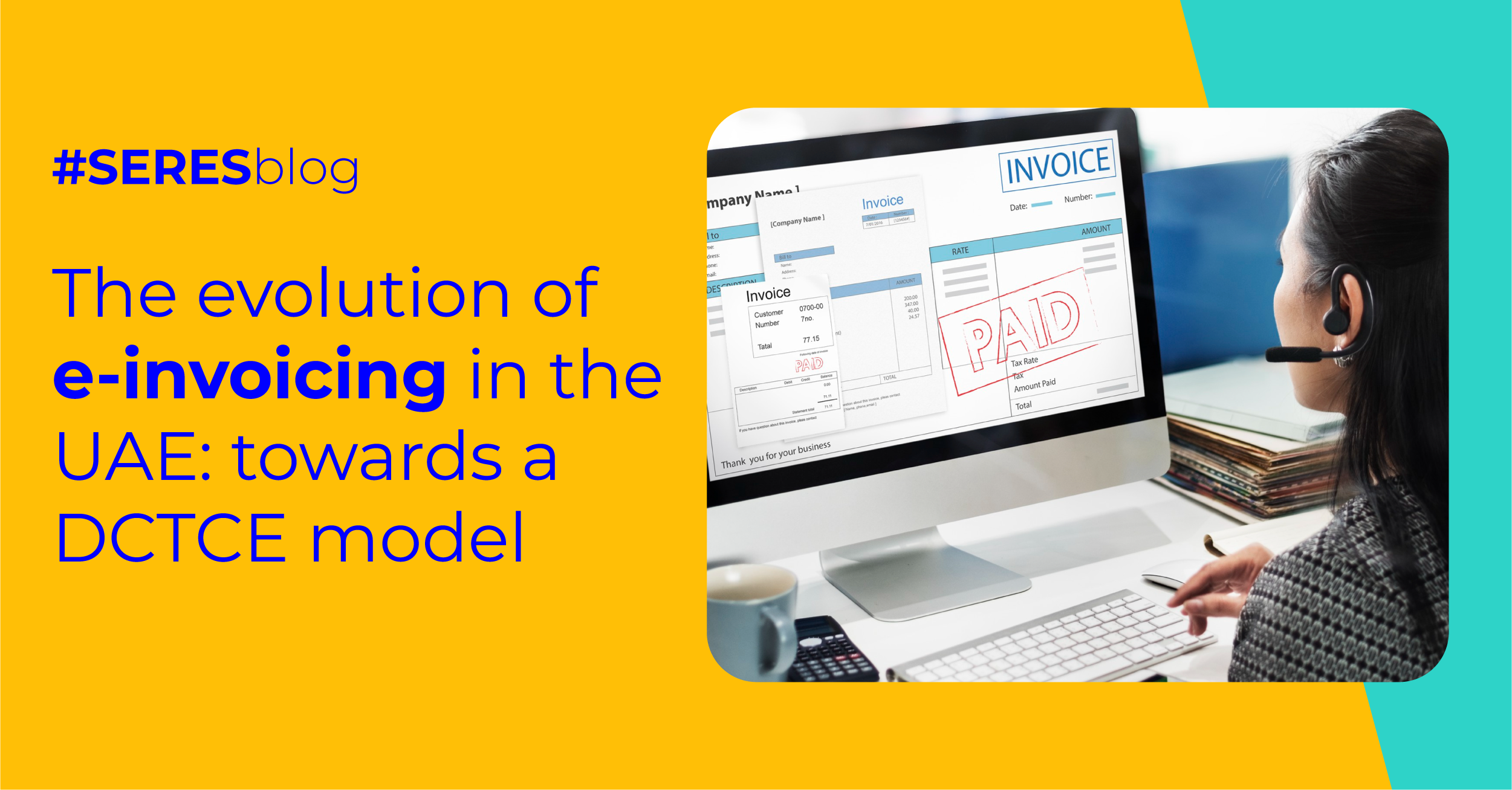E-delivery notes in Serbia will be mandatory by 2026
The Serbian government has published a draft bill that would introduce mandatory electronic transport documents or electronic delivery notes, to take effect from January 2026.
The draft legislation delineates the requirements for the issuance, transmission, receipt, and archiving of electronic delivery notes, which are indispensable for the monitoring of goods during their transit across Serbian territory. It is to be observed that the aforementioned draft law will apply to both public and private sector entities.
A centralised platform will be made available, whereby the sender is required to register the electronic delivery note in XML format prior to shipment. The recipient is then obliged to confirm the physical receipt of the goods on the same day or within two working days of receipt at the latest.
The status of acceptance or rejection of the electronic delivery note will be indicated by the issuance of a goods receipt note within eight days of the date of receipt.
The prospective legislation will have an impact on the majority of goods, with the exception of those transported via established networks (such as water, electricity and gas), retail goods subject to specific tax regulations, military and sensitive goods, and those moving under the auspices of international agreements.
It is anticipated that within 90 days of the enactment of this legislation, a regulatory framework will be established that will provide comprehensive guidance on the methodology and procedural aspects associated with the issuance, receipt, and submission of electronic delivery notes.
In the event of non-compliance, the relevant companies will be liable to a fine, the amount of which will be determined by the severity of the non-compliance in question. The applicable fine will range between RSD 50,000 (approximately 430 euros) and RSD 2 million (approximately 17,100 euros).
Timetable for implementing electronic delivery notes in Serbia
As of 1 January 2026, private companies will be required to transmit electronic delivery notes to public sector entities in B2G transactions. Similarly, hauliers will be obliged to present these notes for inspection.
From 1 October 2027, private companies will be required to be able to send and receive electronic delivery notes in B2B transactions. Similarly, hauliers will be obliged to present them in the event of an inspection.
Electronic invoicing in Serbia
The implementation of B2G e-invoicing in Serbia commenced on 1 May 2022. This legislation mandates that suppliers within the public administration sector are required to issue e-invoices, which are then capable of being received and stored by the relevant authorities.
As of 1 July 2022, public sector entities are required to issue e-invoices to private sector entities, which are also obliged to receive and store the issued e-invoices.
The Ministry of Finance maintains a website where it disseminates updates pertaining to the e-invoicing project in Serbia, its implementation, and other related matters.
The implementation of B2B e-invoicing in Serbia commenced on 1 January 2023, nearly two years after the enactment of the Law on e-invoicing in Serbia on 7 May 2021.
It is obligatory for both the issuing and receiving of invoices to be conducted in a structured format, with these being communicated in real time to the Tax Authorities via the Za Upravljanje Fakturama (SUF) system. In addition to Serbian companies, the obligation to utilise the e-invoice extends to non-resident companies with a local tax representative.
The Electronic Invoicing Act in Serbia is being updated. The new rules will come into force on 1 January 2025. They will affect the e-invoicing system.
- VAT on electronic invoices must be paid within 12 days.
- File a new import VAT return.
- No longer have to report retail invoices.
- New reporting requirements for new taxpayers and their VAT status in the SUF.
- Pre-filled VAT returns.
The Serbian Ministry of Finance has announced that, as of 1 August 2025, changes will be made to the "electronic records of previous taxes" part of the Electronic Invoicing System (SEF).
The changes are about how certain information is automatically added, especially information about the tax base of reduction documents in sections 1.4.1 and 1.6.1 of electronic invoices.
In September 2025, Serbia launched version 3.14.0 of its eFaktura System (SEF). This version is currently available in a testing environment. It incorporates improvements designed to enhance accuracy and transparency in electronic invoicing. The new features are:
- Stricter validations. The system now has extra controls to prevent errors and make sure it follows the rules:
- The supply date must be no later than the invoice issue date.
- Only valid VAT codes are accepted.
- New checks are included based on the tax category (e.g., category "S" for VAT calculation).
- Reduction documents (like credit notes or adjustments) must be linked to the corresponding original invoice.
- There is a new input VAT notification module. People who receive invoices can let their suppliers know if there are:
- There are also reductions in the tax base.
- Document cancellations.
- Changes to the input value-added tax (VAT).
How does the SUF system work?
The platform is accessible via approved electronic invoice providers and, in certain instances, via the Internet. Invoices must be in XML format and must contain the following data: the name, address and TIN of the issuer; the issuer's unique identification number; the issuer's bank account; the name, address and TIN of the recipient; the recipient's unique identification number; or the number and date of the electronic invoice.
Electronic tax reporting project in Serbia
The National Assembly of the Republic of Serbia has at last enacted Law 116/23 on Amendments and Supplements to the Law on Electronic Invoicing, which came into force on 1 January 2024. This new legislation provides a more detailed and comprehensive regulatory framework for specific issues.
As of 1 January 2024, a new set of regulations pertaining to Value Added Tax (VAT) will come into effect. Henceforth, taxpayers are obliged to register the value-added tax (VAT) paid on imported goods, irrespective of whether a deduction is permitted.
In the event of subsequent amendments, the taxpayer is obliged to update the registration prior to the submission of the VAT return for the relevant period. The regulations pertaining to the electronic registration of input VAT will commence on or after 31 August 2024.



